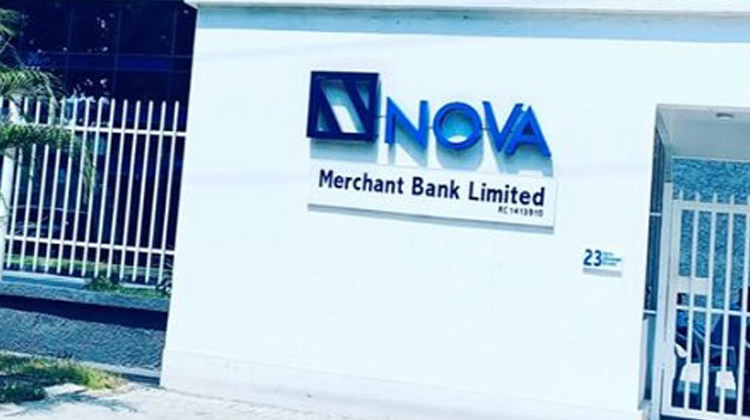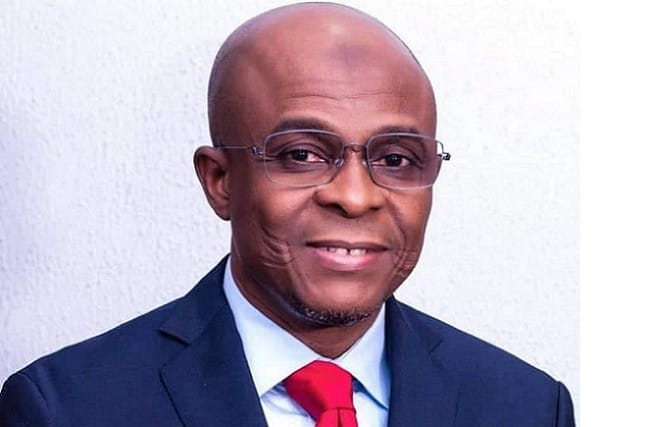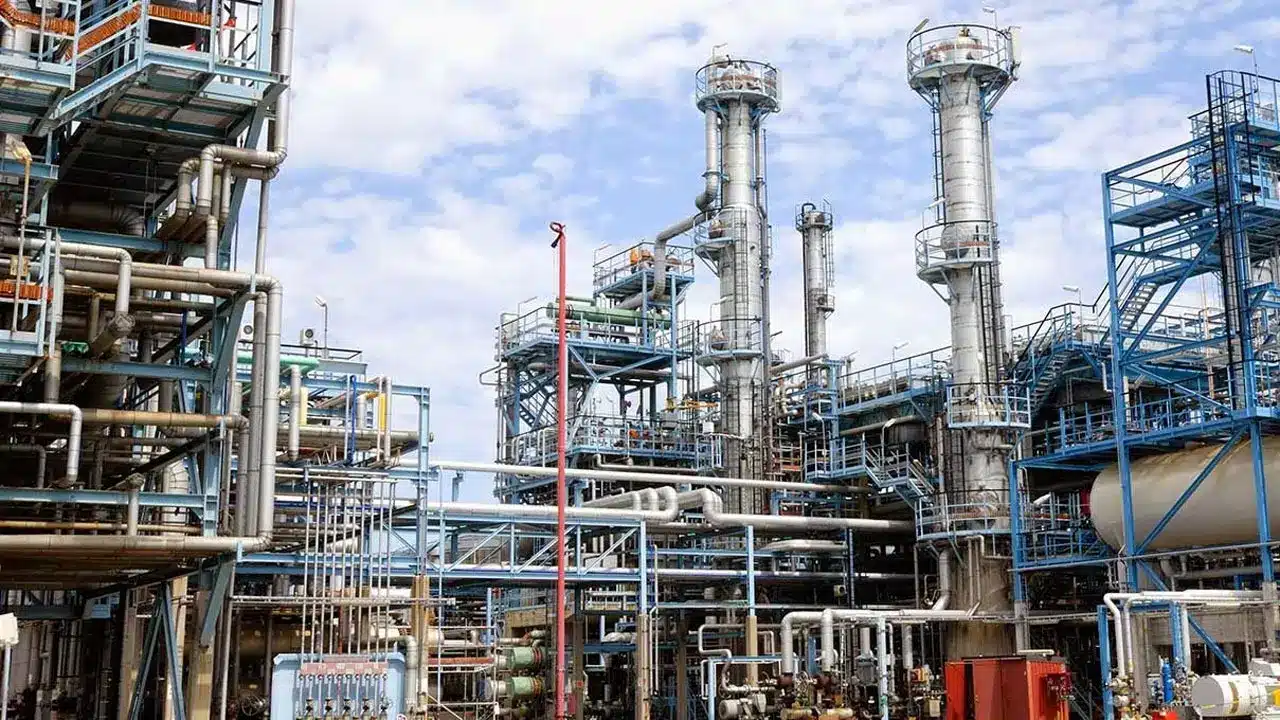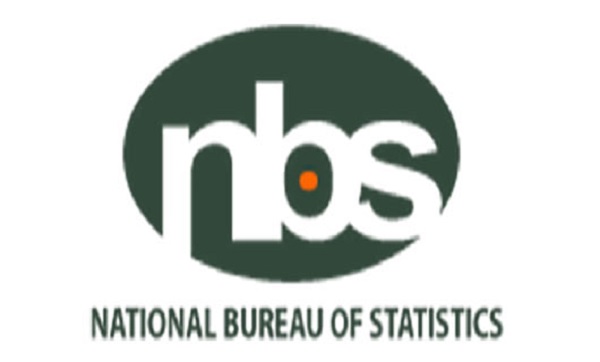There has been an increasing call for effective waste management in the country, given the fact that management of solid waste has become a very big challenge.
Ordinarily, adult citizens do not need to be reminded that indiscriminate dumping of solid waste in the streets , road median, and open spaces could lead to spread of diseases and pollution of the environment.
Thus, the need for best practices of waste management formed the basis for discussion at an event tagged, “Sustaining the Planet, Upholding the Law: Green Justice in Action” which was held at Babcock University Law Campus, Iperu that brought together distinguished sustainability advocates.
Setting the ball rolling, the managing director, chief executive officer of the Lagos Waste Management Authority (LAWMA), Dr. Muyiwa Gbadegesin, advocated for “green justice” and environmental sustainability, stressing the need to harness economic opportunities in waste materials by diverting them from landfills, for recyclable purposes, and by so doing reduce environmental hazards.
He disclosed that LAWMA has undertaken an initiative to replace the landfill in Epe with a state-of-the-art waste-to-energy plant, capable of processing 2,500 tons of waste daily and generating between 60 and 80 megawatts of electricity.
He noted that legislation was key to achieving a sustainable future, recalling that 50 residents were recently arraigned before a mobile court for reckless waste dumping, demonstrating LAWMA’s commitment to enforcing environmental laws of the state.
Gbadegesin stressed the importance of harmonising waste management practices with existing legal frameworks to unlock legal partnerships, highlighting how the agency achieved that, by strengthening its legal unit and enhancing public communication strategies, adding that strong legislation backed by enforcement was key to achieving a sustainable future.
“The greatest challenge to sustainability lies in human behaviour. Whether it stems from a lack of knowledge or deeply ingrained attitudes towards waste management, we must continue to educate and enforce compliance to achieve our environmental goals”, he said.
Contributing to the discussion, KPMG’s Sustainable Development Advisor, Kehinde Fadare, highlighted the importance of behavioral change in achieving sustainability goals.
Fadare stated that driving meaningful change required a fundamental shift on how individuals see waste, emphasising that having the right mindset would help move the focus from cost-related challenges, facilitating easier implementation of sustainability initiatives.
He called for stronger public-private partnerships, stressing that while government actions played a crucial role, collaboration with private entities was essential for leveraging mutual strengths and achieving sustainable results.
In the same vein, a sustainability consultant at Forvis Mazars, Modupeoluwa Williams identified shifting cultural behaviours as a significant challenge in waste management, particularly regarding consumption patterns.

 2 hours ago
1
2 hours ago
1









![[Just In] PH Refinery: Nigerians Deserve Clarity, Reduction In Petrol Prices – Peter Obi To NNPC](https://www.naijanews.com/wp-content/uploads/2024/10/jigawa4-768x576-1.jpeg)





 English (US) ·
English (US) ·